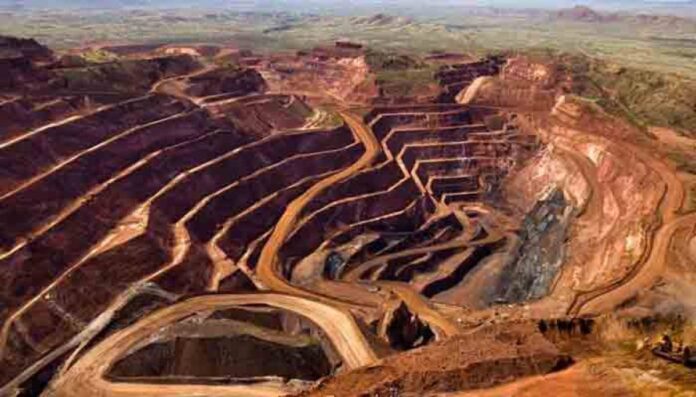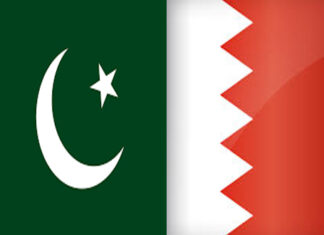The Economic Coordination Committee (ECC) of the Cabinet, chaired by Finance Minister Muhammad Aurangzeb, on Thursday revised the cost of the first phase of the Reko Diq copper and gold mining project to $7.7 billion, marking a 79% increase from the initial estimate.
According to a news report, this is the second revision in six months, following a higher cost of loans and measures to offset potential future price shocks.
The total cost for Phase I of the project, which includes $5.8 billion in capital expenditure, now stands at $7.72 billion. This marks a significant rise from the $6.8 billion approved earlier this year and the original estimate of $4.3 billion made two and a half years ago.
The ECC also cleared the signing of implementation agreements, formally launching the project. These agreements include definitive terms and financial commitments for the Reko Diq project, with the potential for further revisions if significant deviations are identified by legal and financial advisers or the Reko Diq Mining Company.
The increase in costs is primarily due to inflation, higher operating costs during construction, and additional financing needs, which have pushed up the debt component by $500 million to $3.5 billion. This additional borrowing will result in an extra $180 million in interest costs. As a result, shareholder contributions have risen by $458 million.
The Reko Diq project, a key component of Pakistan’s mineral resource development, has attracted international attention, including from the US and China. The total net cash flow over the next 37 years is projected to reach $70 billion—almost 10 times Pakistan’s current foreign exchange reserves.
Production from Phase I is expected to begin by the end of 2028, with an annual copper yield of 200,000 tonnes. The total cost of Phase II, which is expected to be completed by 2034, will add $3.3 billion to the project’s cost, increasing the overall capacity to 90 million tonnes per annum.
Pakistan’s shareholding in the project is divided between three federal companies—OGDCL, Pakistan Petroleum Limited, and Government Holdings (Private) Limited—each holding 8.33%, along with a 25% stake held by the Balochistan government. Barrick Gold, which holds a 50% stake, will operate the project.
























